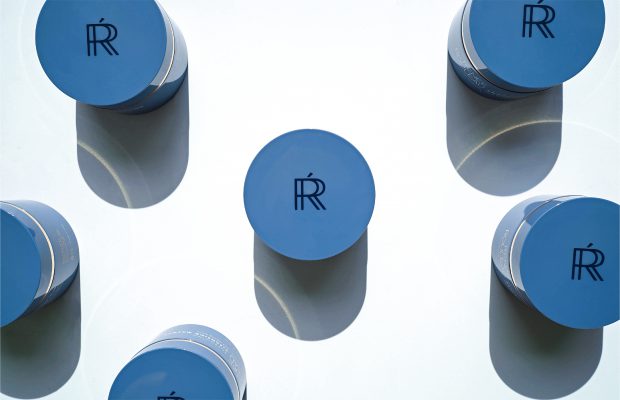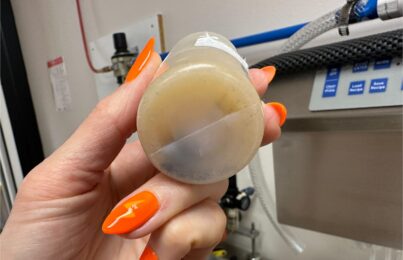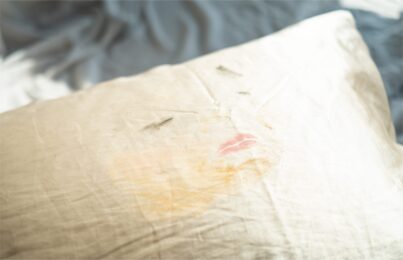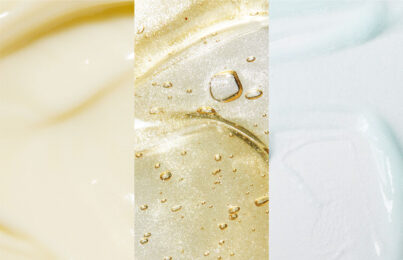From time to time, I hear certain brands saying that you should avoid using any products in jars due to a variety of reasons. In this post, I’ll offer my perspective on jar packaging to help clear up any confusion or concerns you might have, all in my quest to keep you an informed skincare consumer!
- What Types of Products Are Packaged in Jars?
- Is the Product in a Jar Getting Contaminated When I Dip My Fingers in It?
- Do Active Ingredients in a Product Become Less Effective When Exposed to Air?
- Isn’t the Product Being Exposed to Air When It’s Applied On Your Skin?
- Are There Some Types of Products That Shouldn’t Be Stored in Jars?
What Types of Products Are Packaged in Jars?
Products that are thick enough to stick on your finger and not drip off can be put into jars. They are usually cream-based products, such as masks, facial scrubs, cleansing balms, and moisturizers, but can also include gel-based masks or peels.
Is the Product in a Jar Getting Contaminated When I Dip My Fingers in It?
If the product is properly preserved (which any well-formulated product should be), it’s not an issue. However, if a brand doesn’t use preservatives or emulsifiers, the product won’t last more than a few weeks and contamination could result in the growth of mold or even harmful bacteria. Cosmetic chemists have put a lot of time and effort into creating sophisticated preservative systems so that products don’t go bad and remain safe for us to use. Learn more about my thoughts on preservatives and the safety of beauty products.
I personally don’t do this because it’s not necessary with a well-formulated product, but if you did want to avoid putting your fingers in your jars, you could use the back of a spoon, a small plastic spatula, or a cotton swab to get the product out. But in my opinion, just make sure your hands are clean when you dip them in, and you should be good to go!
Do Active Ingredients in a Product Become Less Effective When Exposed to Air?
It depends. There are a handful of ingredients, particularly retinol and vitamin C, that are challenging to keep stable when exposed to air and light. So with these, it’s best to avoid using products in jars and instead look for ones packaged in airless bottles or tubes to limit the air exposure.
That said, most other ingredients don’t break down from exposure to air, so product instability should not be an issue when used in a jar. Ever wondered whether it helps to keep your products in the fridge? Learn more about how I feel about chilling your products!
Isn’t the Product Being Exposed to Air When It’s Applied On Your Skin?
Yes, the air is getting to the product but cosmetic chemists know this, so they prepare for it. The goal of any well-formulated product is to penetrate the skin and go to work immediately so air is not a problem. Active ingredients should be able to get into the skin where they can have an effect on a cellular level, while other ingredients within a formula create a seal to keep them there.
In the case of vitamin C and retinol, if they are encapsulated (such as with liposomes, shells, or membranes), this can help stabilize and control their release so exposure to air is less of an issue. The most commonly used “shells” (think of these as delivery systems) include lipids (oils and waxes), polysaccharides (celluloses, starches, cyclodextrines, and gums), and proteins (gelatin and soy proteins). Liposomes are particles that resemble membranes, into which active ingredients like retinol and vitamin C are incorporated.
Are There Some Types of Products That Shouldn’t Be Stored in Jars?
Yes. Obviously, any product that is watery and runny would not be appropriate for use in a jar because of their consistency. Products with a high concentration of active ingredients should also not be stored in jars. Ideally, they should be in serum form and are typically packaged in smaller, airless bottles.
In summary, as a skincare formulator who intentionally decides to use jars for certain types of products, I feel they are perfectly safe to use and should not cause you to have any worry about safety or effectiveness.
I hope you found this post helpful and it brings you a better understanding about the products you use on your face.
Want to know more about the safety and efficacy of your products? Learn what happens if they’re left in the heat.
Celebrity Esthetician & Skincare Expert
As an esthetician trained in cosmetic chemistry, Renée Rouleau has spent 30 years researching skin, educating her audience, and building an award-winning line of products. Her hands-on experience as an esthetician and trusted skin care expert has created a real-world solution — products that are formulated for nine different types of skin so your face will get exactly what it needs to look and feel its best. Trusted by celebrities, editors, bloggers, and skincare obsessives around the globe, her vast real-world knowledge and constant research are why Marie Claire calls her “the most passionate skin practitioner we know.”




Comments:
If denat alcohol is listed in a skin care product is it bad for your skin?
Thank you
Posted By: KAREN HENSELWOOD |
Yes! For that reason, we do not use it in our product formulations.
Posted By: Ella Stevenson |